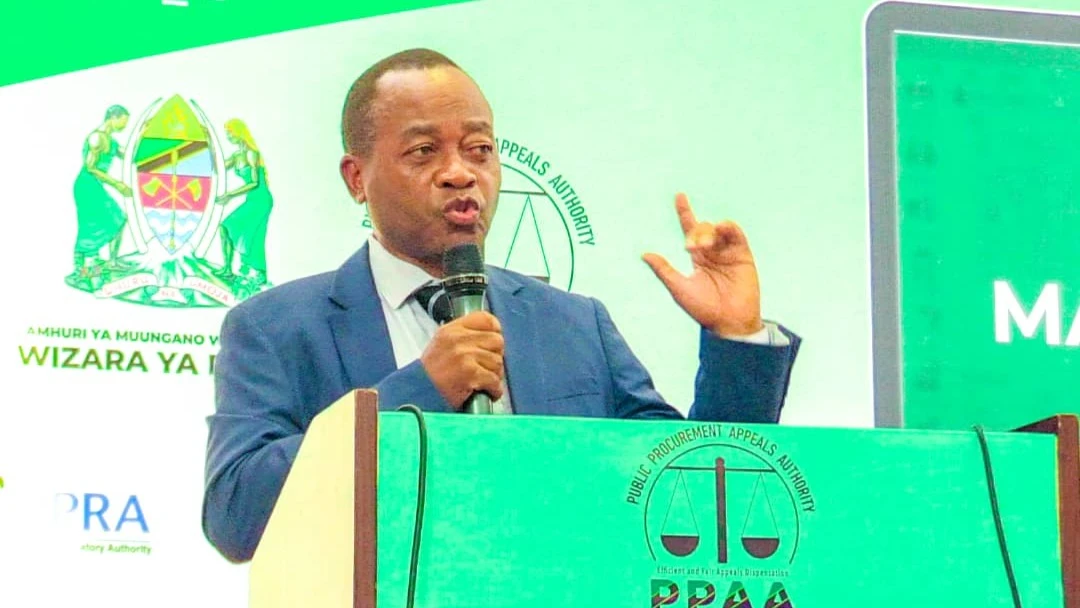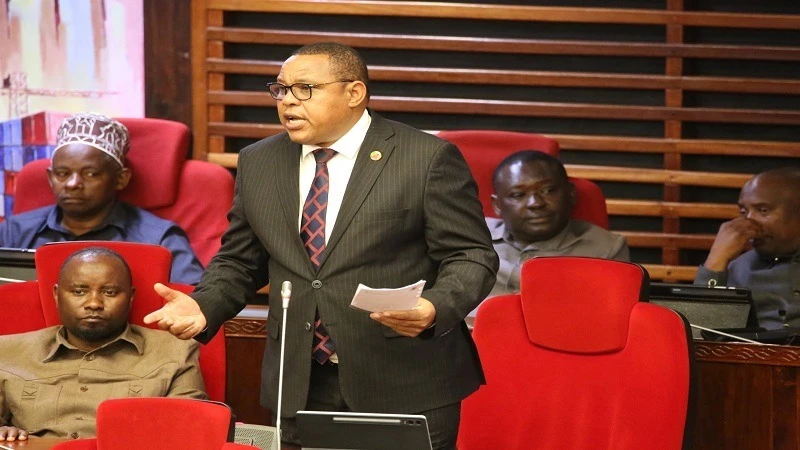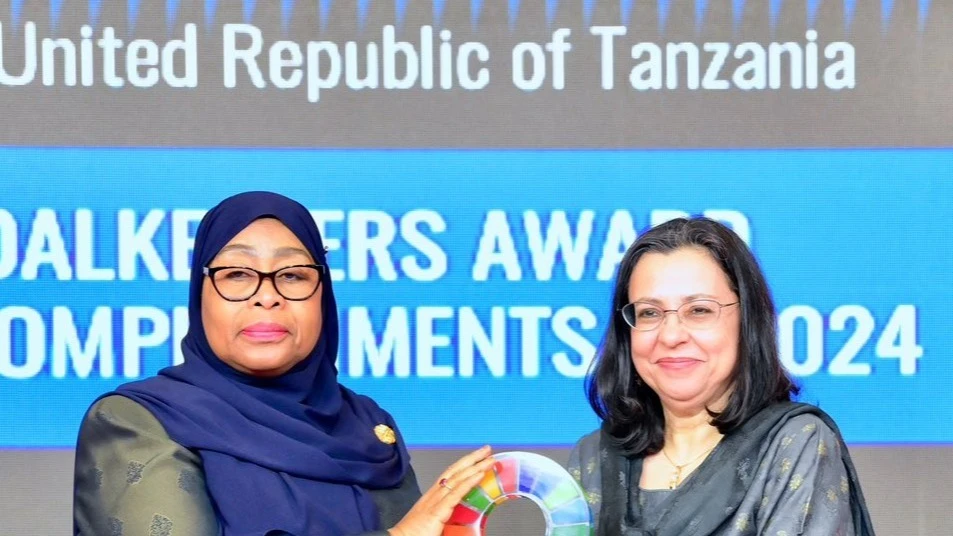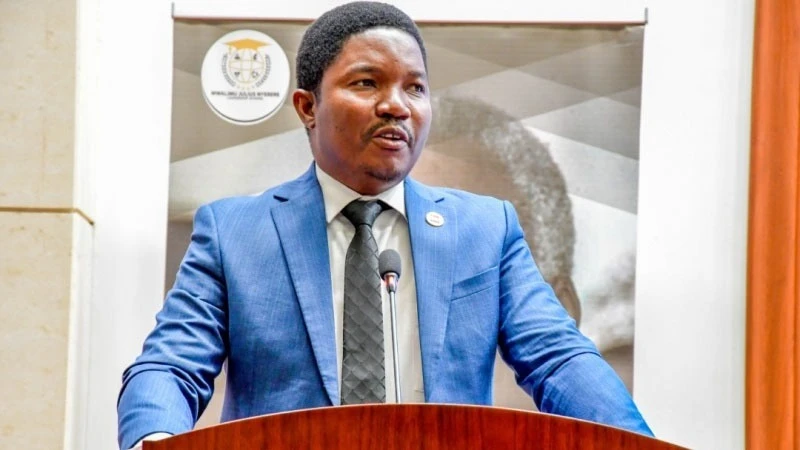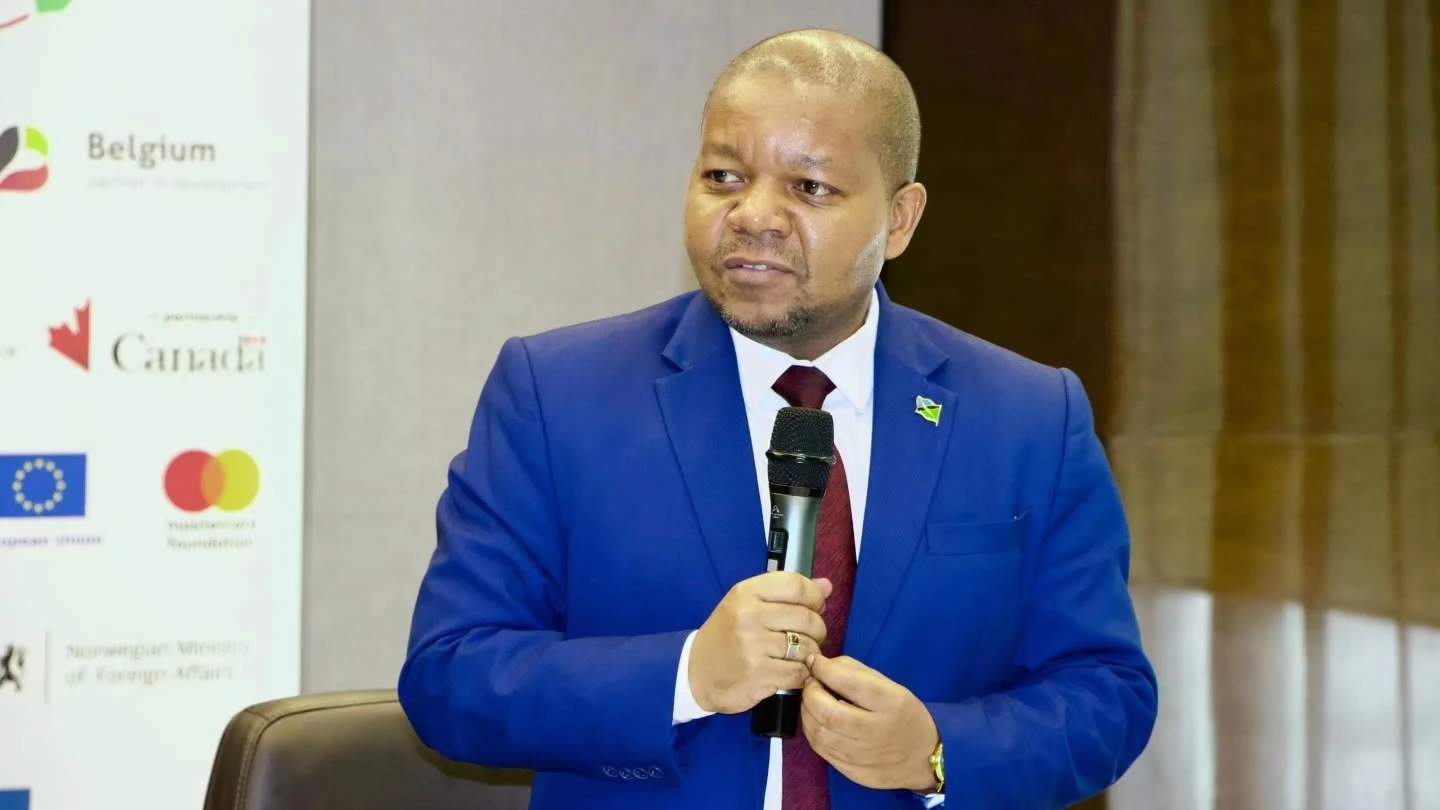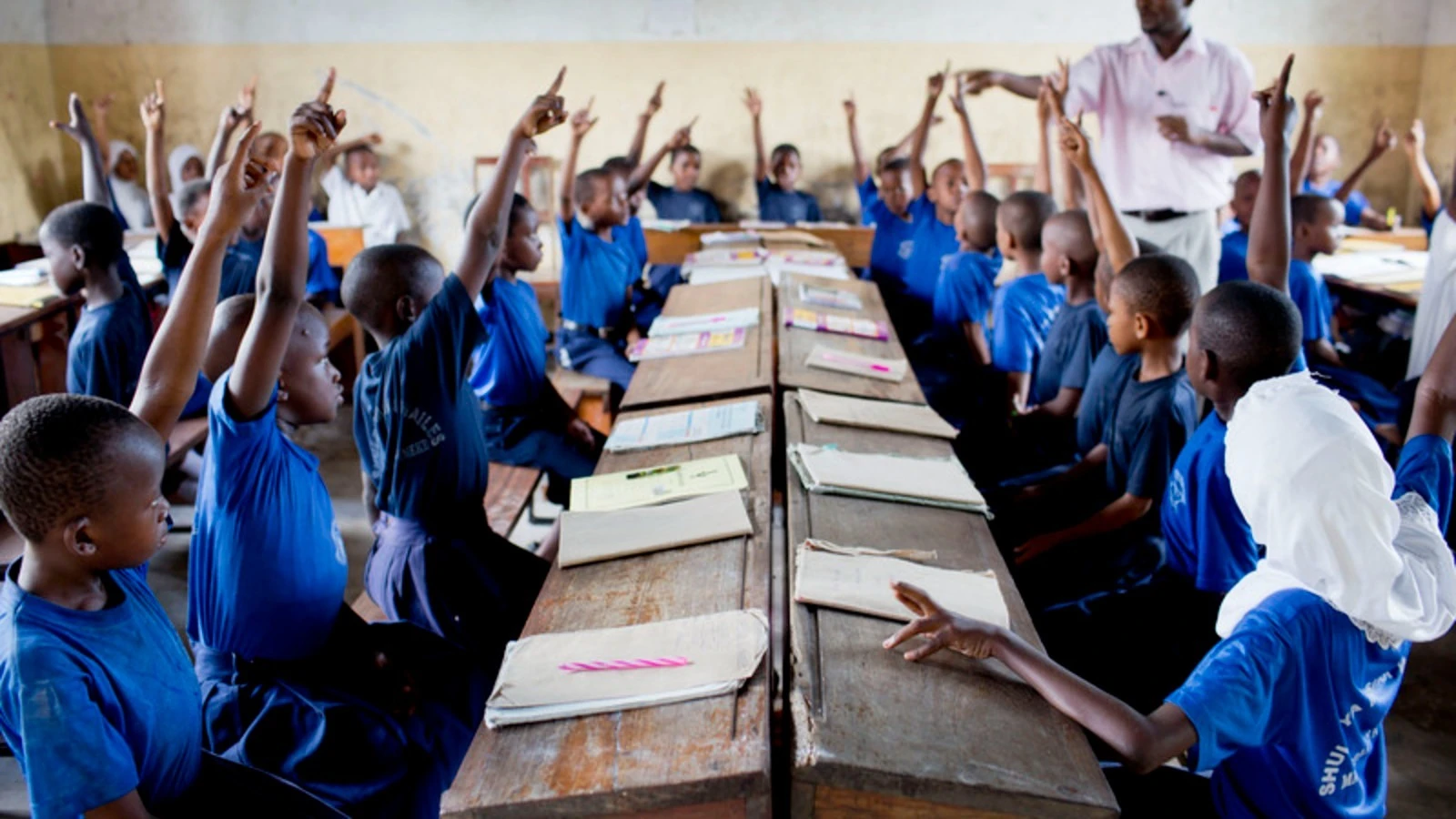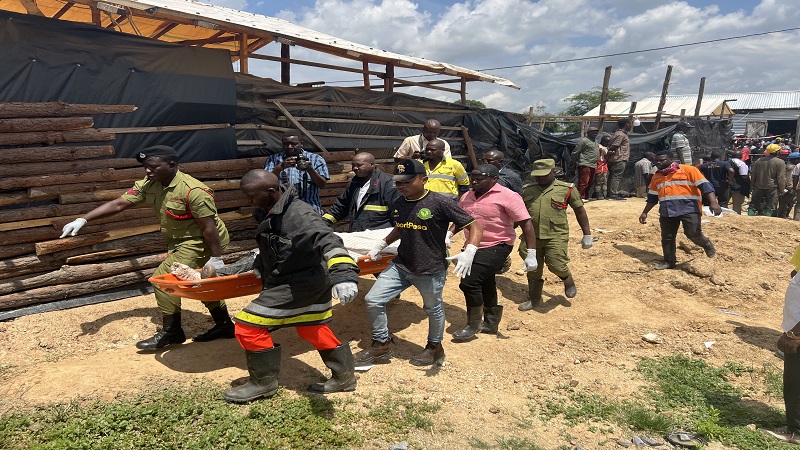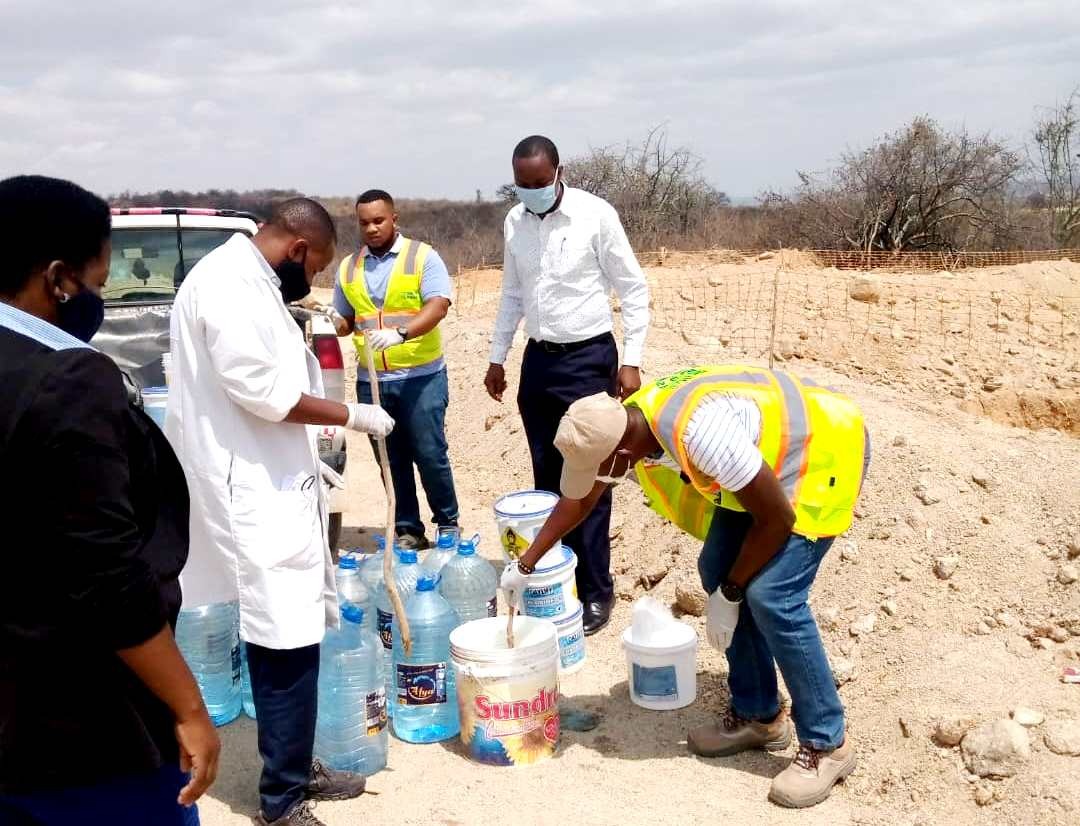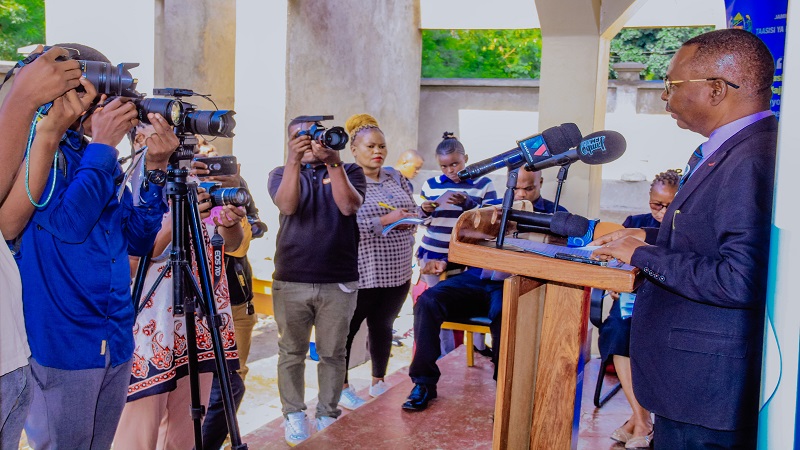JKCI planning Lusaka unit, zonal branches
THE Jakaya Kikwete Cardiac Institute (JKCI) has unveiled an ambitious plan to start a cardiovascular centre in the Zambian capital of Lusaka, marking a significant step towards becoming a regional hub in that field.
Dr Peter Kisenge, the JKCI executive director, set out this intention at a press conference involving local reporters as well as a four-man team of visiting Chinese journalists from different media organisations.
At the briefing on the institute’s premises, he said that JKCI similarly intends to establish such centres in neighbouring countries like Malawi and the Democratic Republic of Congo.
Collaboration between China and Tanzania has enabled JKCI to build the right infrastructure, procure equipment, and build capacity among general medical practitioners by outreach programmes and clinics, he stated.
The institute has extended cardiovascular care services to local patients and from, within East and Central Africa, he said, noting that upwards of 3000 patients had attended, with unopened heart surgeries for 718 people conducted last year.
He praised the links with Chinese experts and institutions, wishing that it is broadened to facilitate its service expansion. The cordial relationship is enabling JKCI to set up a branch in Lusaka. “We need to serve the whole of Africa,” the medical administrator intoned, asserting that JKCI still needs institutional support to smooth out its ambitions to emerge as a continent hub in cardiovascular treatment.
Local branches at the Chato zonal referral hospital for the western zone and likely Mount Meru regional referral hospital in Arusha city for the northern zone, affirm that JKCI seeks to emerge as an internationally accredited institution in cardiovascular care, training and research.
Dr Zhao Lijian, a visiting paediatric interventional cardiologist, praised the bilateral relationship linking institutions in the two countries in the medical field, pointing out that the link has significantly contributed to improving the provision of specialist medical care.
The collaboration with the visiting medical team enabled the sharing of experience and training of the current generation of local doctors on how to use new equipment to deliver quality healthcare services.
“We made concerted efforts to bridge the gap through knowledge sharing with local doctors and nurses to rescue patients’ lives with global standard quality healthcare,” he said.
In recent years, the Chinese government launched a China-Africa medical cooperation programme enabling batches of Tanzanian doctors to attend further training in China, he said.
China was also sending medical teams to African countries to carry out free diagnosis, treatment programmes, and training camps and donating substantial stocks of medical supplies to these countries, he added.
Top Headlines
© 2025 IPPMEDIA.COM. ALL RIGHTS RESERVED








